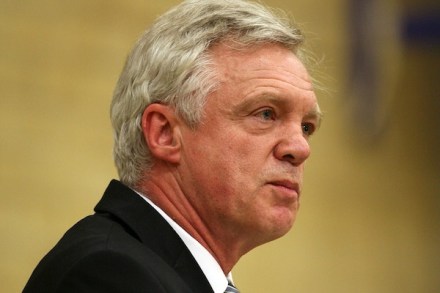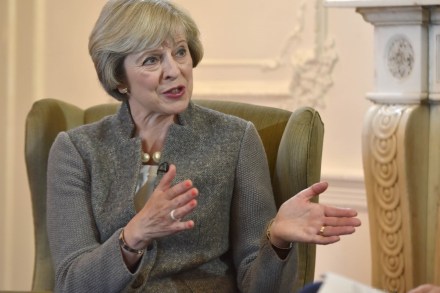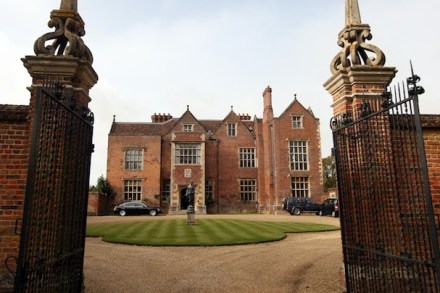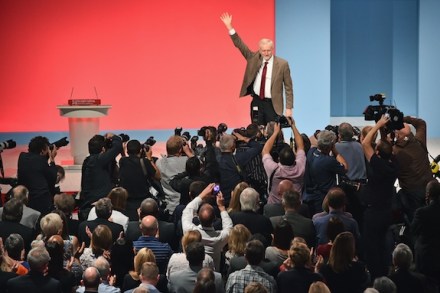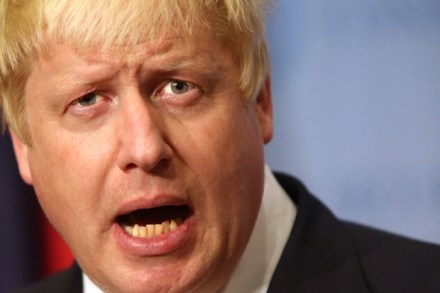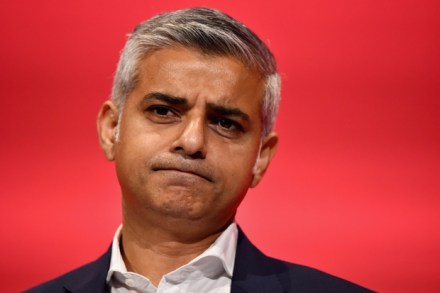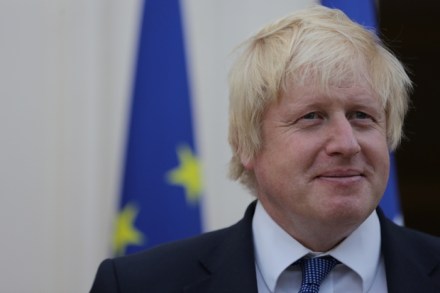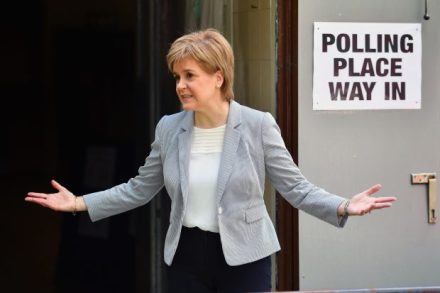Labour MPs back call for Shadow Cabinet elections
Labour MPs have just voted 168 to 34 in favour of bringing back Shadow Cabinet elections. This doesn’t mean there will be elections for the Labour top team straight away: the measure, proposed by Clive Betts, now goes to the party’s ruling National Executive Committee, which is now dominated by Corbynites. If the NEC so chooses, it can propose the rule change at the party’s conference. This is, however, another example of the PLP, which had been fading as a parliamentary force compared to the Tory backbench 1922 Committee, asserting itself against Jeremy Corbyn. The argument in favour of Betts’ motion, which is supported by Deputy Leader Tom Watson, is that it




